David McPherson
Tools for Mathematical Ludology
Jan 06, 2020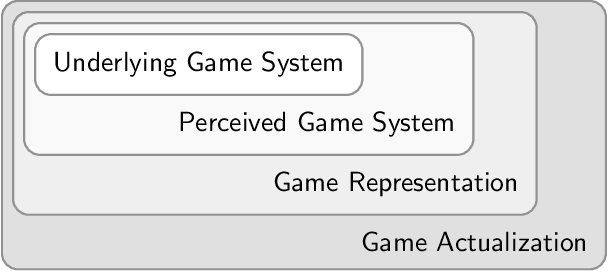
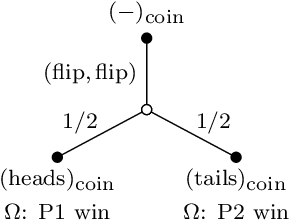
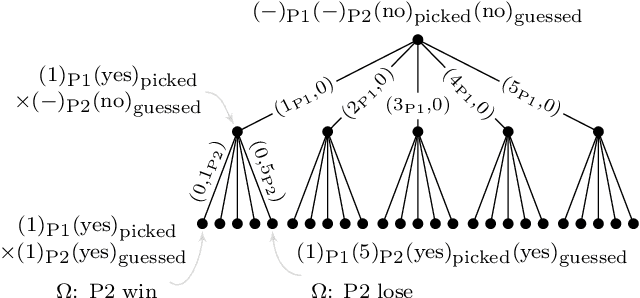
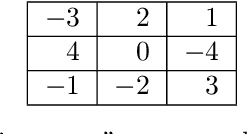
Abstract:We propose the study of mathematical ludology, which aims to formally interrogate questions of interest to game studies and game design in particular. The goal is to extend our mathematical understanding of complex games beyond decision-making---the typical focus of game theory and artificial intelligence efforts---to explore other aspects such as game mechanics, structure, relationships between games, and connections between game rules and user-interfaces, as well as exploring related gameplay phenomena and typical player behavior. In this paper, we build a basic foundation for this line of study by developing a hierarchy of game descriptions, mathematical formalism to compactly describe complex discrete games, and equivalence relations on the space of game systems.
Improving Usability, Efficiency, and Safety of UAV Path Planning through a Virtual Reality Interface
Apr 18, 2019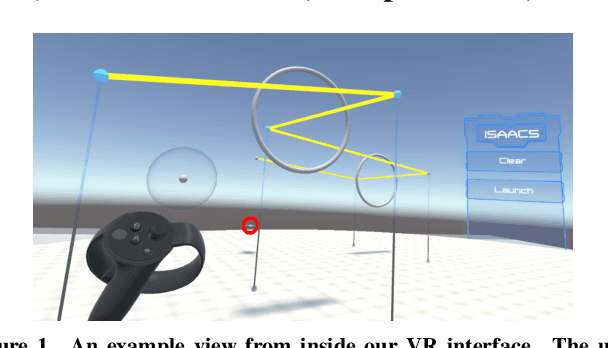
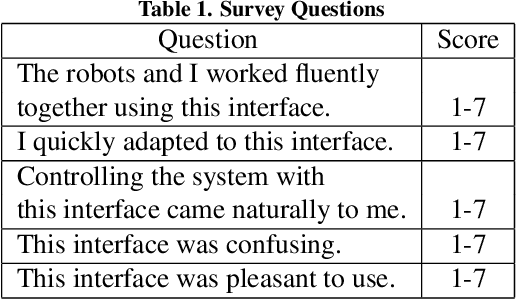
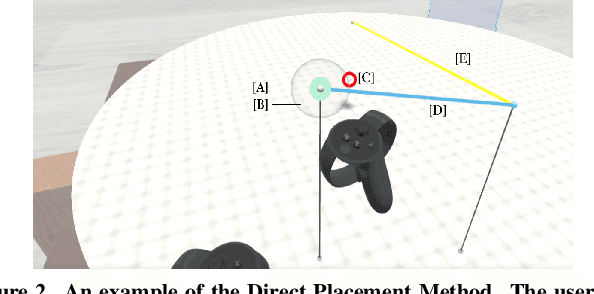
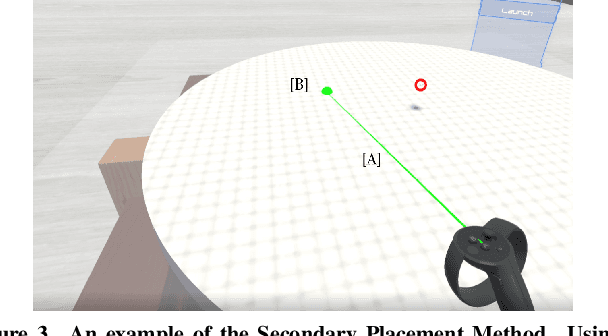
Abstract:As the capability and complexity of UAVs continue to increase, the human-robot interface community has a responsibility to design better ways of specifying the complex 3D flight paths necessary for instructing them. Immersive interfaces, such as those afforded by virtual reality (VR), have several unique traits which may improve the user's ability to perceive and specify 3D information. These traits include stereoscopic depth cues which induce a sense of physical space as well as six degrees of freedom (DoF) natural head-pose and gesture interactions. This work introduces an open-source platform for 3D aerial path planning in VR and compares it to existing UAV piloting interfaces. Our study has found statistically significant improvements in safety and subjective usability over a manual control interface, while achieving a statistically significant efficiency improvement over a 2D touchscreen interface. The results illustrate that immersive interfaces provide a viable alternative to touchscreen interfaces for UAV path planning.
 Add to Chrome
Add to Chrome Add to Firefox
Add to Firefox Add to Edge
Add to Edge